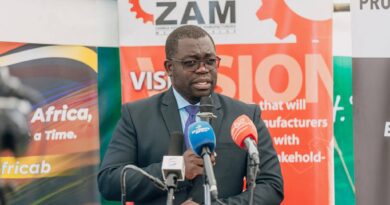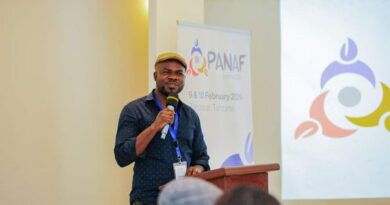Experts Urge Teacher Training Reform to Advance Adolescent Health and Gender Equality
Ahead of the world’s largest gathering on sexual and reproductive health, rights and justice, the International Conference on Family Planning (ICFP 2025), experts are calling for an urgent transformation in teaching and teacher training to improve adolescent health, well-being and gender equality.
“Every child, adolescent and young person deserves the opportunity to learn skills that help them make safe and informed life choices, and comprehensive sexuality education (CSE) is one such vital skill,” said Sai Jyothirmai Racherla, Deputy Executive Director of the Asian-Pacific Resource and Research Centre for Women (ARROW).
Speaking ahead of ICFP 2025 in Bogotá, Colombia, Sai highlighted that although CSE remains a taboo subject in many regions, it is essential to the overall well-being of young people. “Teachers are crucial enablers of CSE delivery,” she said. “Global evidence shows that when learners’ health, well-being and education are addressed together, it improves attendance, retention and learning quality.”
At a recent Asia-Pacific multistakeholder technical meeting organised by ARROW in collaboration with UNESCO, UNICEF, UNFPA and Education International, participants emphasised the importance of investing in pre-service and in-service teacher training that integrates CSE. The event brought together over 160 participants, including officials from 20 Ministries of Education, civil society, academia and youth networks.
The meeting also focused on gender-transformative education, promoting a whole-school approach that connects curricula, learning environments and teacher well-being. “Teacher training must integrate gender sensitivity and mental health support,” Sai added. “We cannot expect teachers to deliver CSE effectively if their own well-being and resources are overlooked.”
Participants further recommended teacher-led classroom action research to improve teaching practices and ensure they meet students’ evolving needs.
Youth representatives echoed the urgency of advancing CSE. “Many young people still face stigma, misinformation and limited access to sexual and reproductive health services,” said Zuzan of Y-PEER Laos. “Teachers are not just educators; they are role models who can inspire respect, equality and empathy.”
Zuzan stressed that youth participation should extend beyond consultation, with young people directly involved in designing, implementing and monitoring CSE programmes. “Accountability means more than tracking promises. It requires real investment in youth leadership, integrating CSE into national policies and ensuring no young person is left behind,” she said.
The call to transform teachers and teaching was strengthened at the SHE and Rights (Sexual Health with Equity and Rights) session held ahead of ICFP 2025. The event was hosted by global partners including ARROW, IPPF, WGNRR, APCAT Media and CNS. The discussions highlighted that the future of education, equality and well-being depends on empowering teachers and ensuring that both educators and learners thrive in informed, inclusive and supportive environments.



